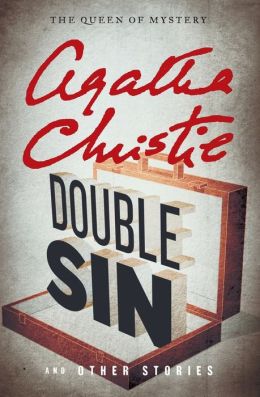| Edward O. Wilson studying an Ant Hill |
On a whim, I picked up this small volume from the new books display at the library: Letters to a Young Scientist by Edward O. Wilson.
Talk about stepping out of your reading comfort zone!
When I worked at an independent bookstore years ago, I shelved books by Mr. Wilson as I had the Nature and Science section. From what I gather, he is quite readable and has published something like twenty books. He is the winner of the Pulitzer Prize for two: On Human Nature and The Ants. Ants are his specialty.
In this book, which brings to my mind Letters to a Young Poet by Rainer Maria Rilke, biologist Wilson advocates that the young scientist first find her or his passion and then get training in that passion. Sounds like good advice for any writer, artist, accountant, or architect.
After living in the mannerly world of Angela Thirkell for quite a spell, with this book I hope to feed my mind with something more substantial than tea and cakes.





















